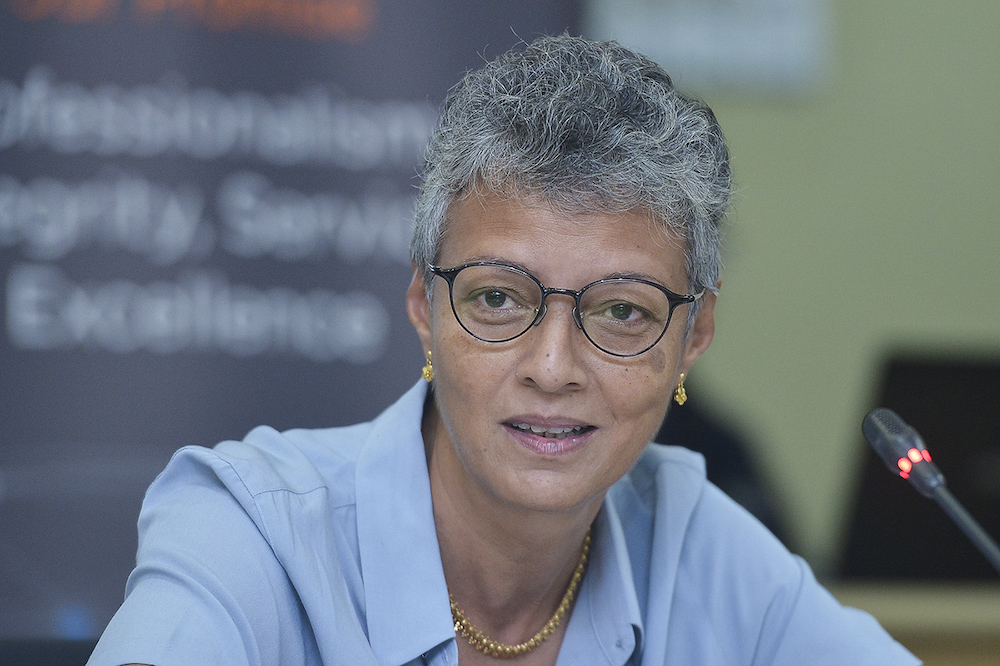KOTA KINABALU, March 25 — The education system in the country needs to address the current racial polemic that is becoming more divisive, an academic said.
Universiti Kebangsaan Malaysia’s Strategic Studies and International Relations Department senior lecturer Sharifah Munirah Alatas said it was worrying that there was no redress being taken through the education system as racial tensions in the country continue to flare.
“All the rhetoric and narrative that keeps appearing in newspapers and social media is politicised and given tinge of race and religion. It’s dividing us. This problem is pervasive in society but we are not addressing it in universities or schools.
“Teachers should go into class and tell seven-year-old kids before their maths or science class that it is unrealistic and unacceptable that society rejects people of different races; include that in daily teaching,” she said at a forum co-organised by moderate Malay group G25 at the Institute of Development Studies (IDS) here.
Sharifah, a G25 member, felt that it was necessary to review curriculum involving religion because some teachings made children grow up thinking life revolves around religion.
“The kind of religion that’s taught in our schools — the kind is taught to separate people when in reality Islam unites people.
“So something is wrong with our education system. We wouldn’t have this problem now if our schools taught the right thing. It’s not dealt with, but everyone is upset — on social media, all discussions go back to education,” she said.
She said that the current system causes students to lack the understanding of the situation, with many taught to be polite and get along.
Sharifah also said part of the problem was that the narrative was also controlled by politicians, who were themselves part of another problem — the political system.
“How do we start the narrative when politicians belong to parties whose foundations are based on race or religion? To nip it in the bud, there should be no race or religion-based parties, whether Opposition or government, but who is going to start this discussion?” she asked.
Sharifah also said that in the May 9 polls (GE14), the country had voted for a multiracial Malaysia, and though the “New Malaysia” started on these ambitions, the trend has reverted back to the race and religion narrative.
She cited the opposition to Lim Guan Eng as finance minister and Maszlee Malik as education minister due to their race, the latter’s statement on declaring Sabah and Sarawak as a grounds for Islamic proselytisation and the decision to abstain from ratifying the International Convention on the Elimination of All Forms of Racial Discrimination (ICERD) as examples.
“In the beginning, it wasn’t race issue but subsequently it became about race. They are running away from the issue of reforming the country. We no longer talk about reforms but have gone back to talking about race and religion again and that is sad,” she said.
A report released by Pusat Komas recently stated that there was a spike of media reports and cases of racial discrimination following the 14th general election (GE14) and the debacle surrounding the ratification of ICERD.
The report also said that racial politics was a major concern in 2018 as politicians and political parties from both political divides had utilised race and religion for political mileage.



















